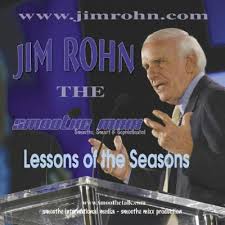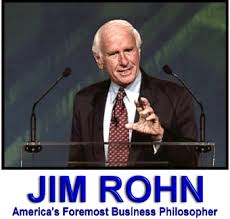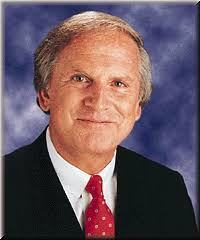
by Denis Waitley
Welcome to the last installment of our current coaching topic. We cannot teach our children self-esteem; we can only help them discover it within themselves by adding positive marks and strokes on their slates. All positive motivation is rooted in self-esteem—the development of which, just as with other skills, takes practice. We are looking at self-esteem as a four-legged chair. Last issue we covered the third leg of the “Self-esteem” chair—a sense of worthiness. The last leg is: A Sense of Control and Competence.
Early in my career in motivational psychology, I thought the chair of self-esteem balanced firmly on those three legs—A Sense of Belonging, A Sense of Individual Identity and A Sense of Worthiness—especially since they involved intrinsic core values. It took much time and research to realize that a fourth leg—one of the most important—was missing.
There are many reasons why few Americans currently in high school and college believe they were born to win. The supportive extended family—in many cases, even the nuclear family—is disappearing. Role models are increasingly unhealthy. The commercial media bombards young senses ever more insistently with crime, violence, hedonism and other unhealthy forms of escape. But whatever the explanation, constructive citizens and leaders in society cannot emerge and develop without the creative imagination that serves them like fuel—which is why the apprehension, frustration and hesitation I see and hear in the younger generation is cause for concern. At the moment, the future they imagine will help drive neither happiness nor success.
The chair’s fourth leg is self-efficacy, a functional belief in your ability to control what happens to you in a changing, uncertain world. A sense of worthiness may give you the emotional means to venture, but you need self-efficacy, the sense of competence and control, to believe you can succeed. That’s why it is so important to assign responsibility for small tasks to your children as early as possible so they can learn that their choices and efforts result in consequences and successes. The more success they experience, the stronger their confidence grows—and the more responsibility they want to assume.
Give them specific household chores and duties they can accomplish and be proud of. Teach them that their problems and setbacks are just temporary inconveniences and learning experiences. Emphasize it constantly: Setbacks are not failures.
Armed with a view of failure as a learning experience, children can develop an early eagerness for new challenges and will be less afraid to try new skills. Although they appreciate compliments, they benefit most from their own belief that they are making a valuable contribution to life, according to their own internal standards.
In an increasingly competitive global marketplace, each new, young member of the workforce simply must believe that he or she is a team leader, a self-empowered, quality individual who expresses that quality in excellent production and service. With increasing pressures on profit and the need to do more with fewer workers because of e-commerce and changing technology, it is essential that parents and business leaders help raise the value of their children’s and employees’ stock in themselves.
-- Denis Waitley












